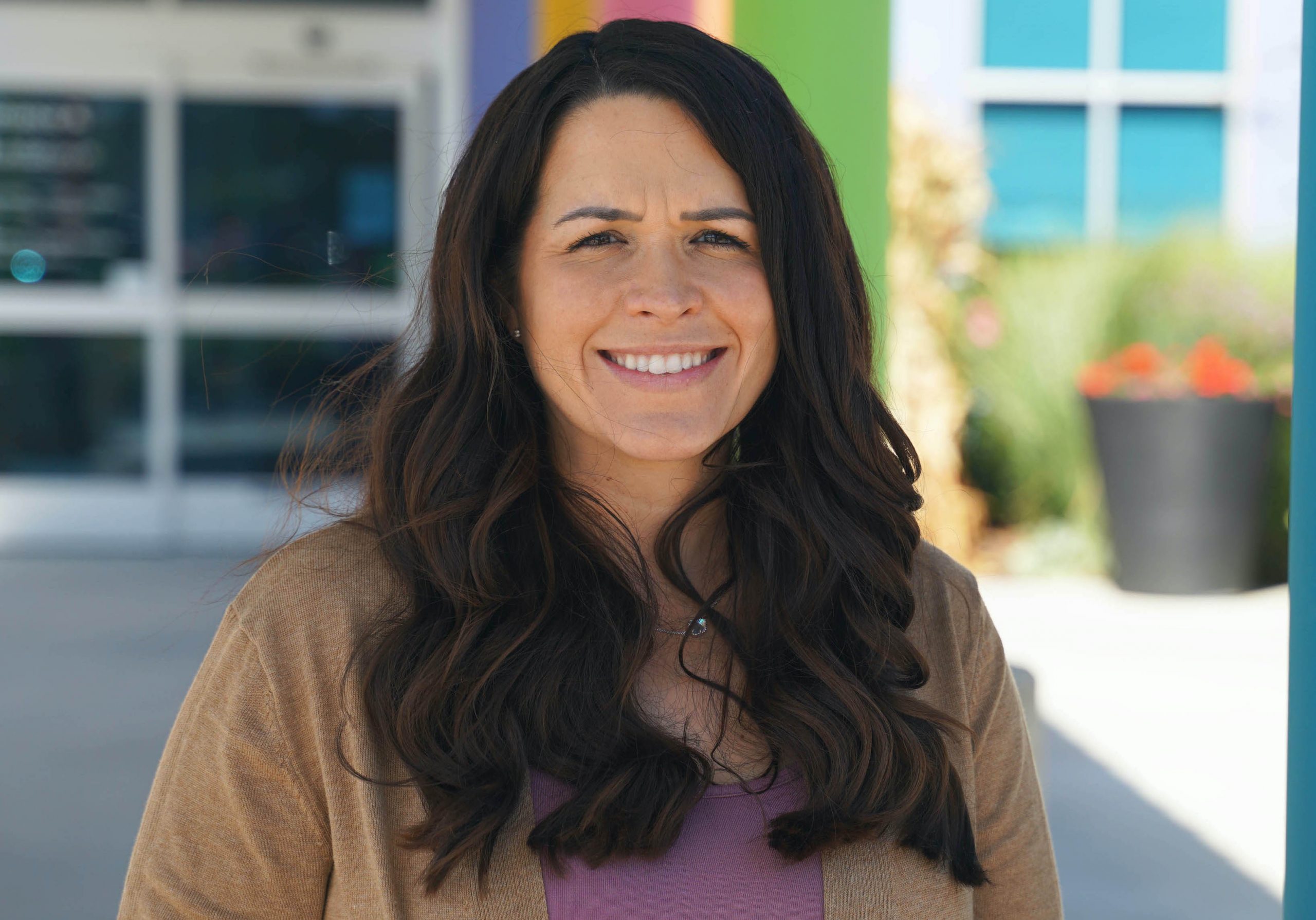
In today’s world, technology gives us access to more information and people than ever before. Parents face the challenge of keeping kids safe in a digital age. In this blog post, ChildServe Mental Health Therapist, Laura Probasco, LISW, provides ideas about how talking with your child about secrets and explaining which ones they should always share with you, can help keep them safe – both online and in their daily life.
Why do kids keep secrets?
Learning to keep secrets is a major developmental milestone. When children keep secrets from parents it increases feelings of independence. Secrets help us develop personal boundaries where we get to decide how much of our personal information and thoughts with others. Secrets can also prevent consequences such as scolding or loss of privileges.
How are secrets harmful?
Concealing secrets requires effort and can create stress. Some secrets can keep us or others from getting critical or necessary help related to safety and health.
What secrets should my child know to share with me?
- Any kind of touch that makes someone uncomfortable
- Games that might break your safety rules or that might be hurtful to anyone
- Presents that other people give you or favors that they do for you
- Anything about people and their private areas
- Abuse
- Drugs
- Bullying
- Anything that makes them uncomfortable
- Dangerous online or in-person behavior with romantic interests
- Eating disorders
- Health concerns
- Someone telling you to keep a secret that you do not like
- Secrets that might get you into trouble later
- Someone hurts you or someone is hurt
- Someone is stealing or taking things that don’t belong to them
- Presents that other people give you or favors that they do for you
How do I build trust with my child, so they will tell me secrets that could be harmful?
Set the standard where your children know they can run anything by you without fear of punishment, judgment or gossiping to other parents. Make sure they know that there will be action steps taken when someone’s safety is at risk. Sometimes it can be helpful to identify a relative or family friend they can talk to as well – some things are too hard to share with mom or dad.
About
ChildServe improves the health and well-being of nearly 5,800 children each year through specialized clinical, home, and community-based programs and services. We serve children with developmental delays, disabilities, injuries, and other special healthcare needs.
Follow Us
Contact Us
Johnston | 515-727-8750
Ames | 515-232-7220
Des Moines | 515-280-5332
Iowa City | 319-351-5437
Cedar Rapids | 319-777-7450
Links
